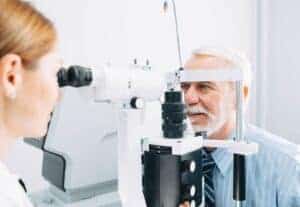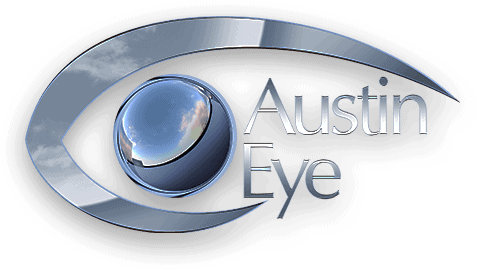 A healthy retina is essential to good vision. Various retinal hazards threaten eye health. The top eye specialists at Texas’ Austin Eye discuss the most common types of retinal hazards and what you need to know to protect your vision.
A healthy retina is essential to good vision. Various retinal hazards threaten eye health. The top eye specialists at Texas’ Austin Eye discuss the most common types of retinal hazards and what you need to know to protect your vision.
The Retina
The retina is a thin layer of tissue covering approximately two-thirds of the eye’s inner back wall. It converts the light captured by the eye into signals that are sent via the optic nerve to the brain. These light receptor cells consist of rods and cones. The rods are more sensitive to changes in lightness and darkness, but the cones are more sensitive to color.
Retinal Hazards
Some retinal hazards are genetic. Others result from or are exacerbated by smoking, poor dietary habits or constant exposure to computer screens. Common retinal hazards include:
- Diabetic retinopathy – Those with diabetes are vulnerable to retinopathy due to blood vessel damage at the back of the eye. The condition usually affects both eyes.
- Floaters – Strings or spots appearing in vision.
- Macular degeneration – One of the leading causes of blindness among aging adults, macular degeneration occurs as the retina’s center starts deteriorating.
- Retinal detachment – This is a medical emergency, as the retina is detaching from the back of the eye.
- Retinal tear – Floaters and flashing lights are signs of a retinal tear. The tear occurs in the vitreous, the gel-like substance filling in the eye cavity lined by the retina.
- Retinitis pigmentosa – This hereditary eye disease gradually causes the loss of night and peripheral vision.
Retinal Disorder Symptoms
Have your vision checked at once if experiencing any of the following issues, which may indicate a retinal disorder:
- Blurred vision
- Color vision changes
- Dark or empty areas in your sight
- Flashing lights
- Peripheral vision loss
Retinal Hazard Treatment
Treatment of retinal hazards depends on the diagnosis. Some conditions are treatable, and it is possible to stop the disease’s progression and restore vision. For other retinal hazards, including macular degeneration, the focus of treatment is on slowing the decline.
Failure to treat retinal hazards will lead to vision loss. Some patients may lose their sight completely.
For instance, diabetic retinopathy requires adherence to a careful diabetes management plan to control blood sugar. Retinal detachment may require immediate surgery. Floaters are common in the older population and are often more of a nuisance than a serious eye condition, but these spots can also indicate retinal tear or detachment. Macular degeneration treatment may include laser surgery or medications injected directly into the eye.
Contact Us
Nothing is more precious than your vision. If you would like additional information about retinal health or are having vision issues, contact the eye care specialists at Austin Eye to schedule a consultation. After diagnosis, we will discuss your treatment options and answer all of your questions.







